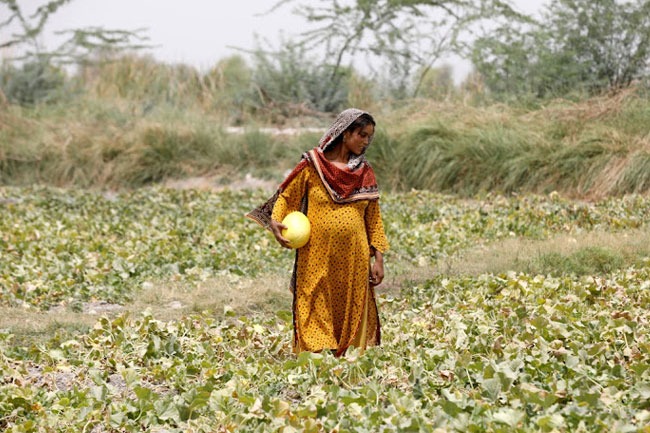According to new research found in India, pregnant women who are working in extreme heat are more likely to be prone to the risk of stillbirth and miscarriage. Not only in tropical climates but also in countries such as the UK. The risk is supposed to be higher than previously thought.
The research was based on eight hundred pregnant women from Tamil Nadu, India. It was started in 2017 by the Faculty of Public Health at the Sri Ramachandra Institute of Higher Education and Research (SRIHER) in Chennai.
Most women who participated in the research were exposed to extreme sunlight or high heat levels. They worked in agriculture, salt flats, and brick kilns. Meanwhile, some worked in cooler environments such as hospitals and schools. Although these jobs too expose them to high levels of heat sometimes.
Also Read: Suryakumar Yadav’s inspirational movie…’ post on Rishabh Pant’s IPL comeback
HOW DOES IT AFFECT A PREGNANT WOMAN?
A study to detect how heat can affect a pregnant woman is not yet understood well. However, a study done previously in The Gambia determined that high temperatures can raise an unborn baby’s heart rate and slow down blood flow through the umbilical cord.
A lack of toilets also seems to play a big part as well. To avoid sitting in a squat position to relieve themselves in open fields, most pregnant women drink less amount of water. Sometimes, they hold in for a whole day due to several other reasons such as insects, fear of someone watching them etc.
FINDING SOLUTION
India has progressed a lot in improvements to maternal and baby health in recent years. Dr TS Selbavinayagam, the state’s director for public health stated, “We already offer financial compensation to pregnant women, but maybe we need to look at options for giving alternative employment too.”
The state government offers poor women 18,000 rupees when they reach 12 weeks of pregnancy, to try to ease some of their financial pressures. Women-only toilets are being planned to be built as well and offering proper education sessions are provided to the women on how they can protect themselves from the heat.
It is important to address this issue with a multifaceted approach, keeping in mind providing sanitation facilities and spreading awareness through proper and required education. Through this, we can create a safer and healthier environment for pregnant women, ensuring betterment for the baby and the mother.







